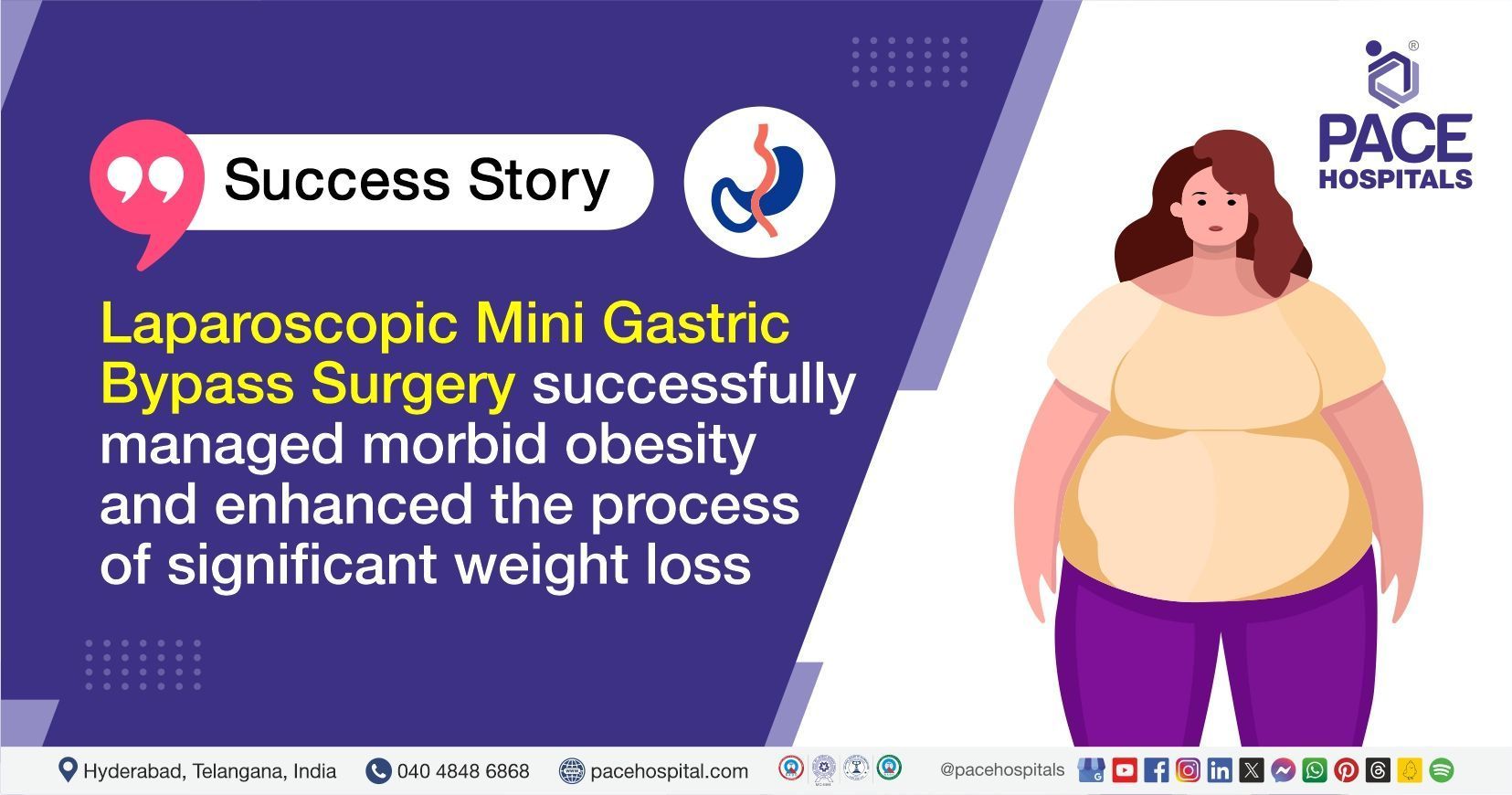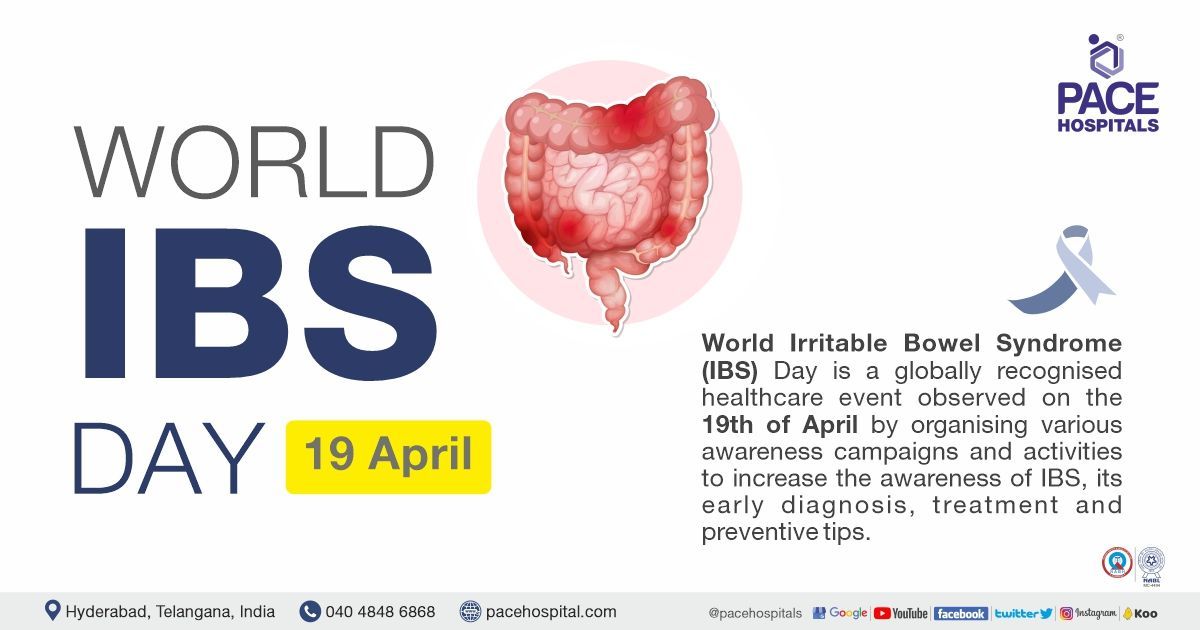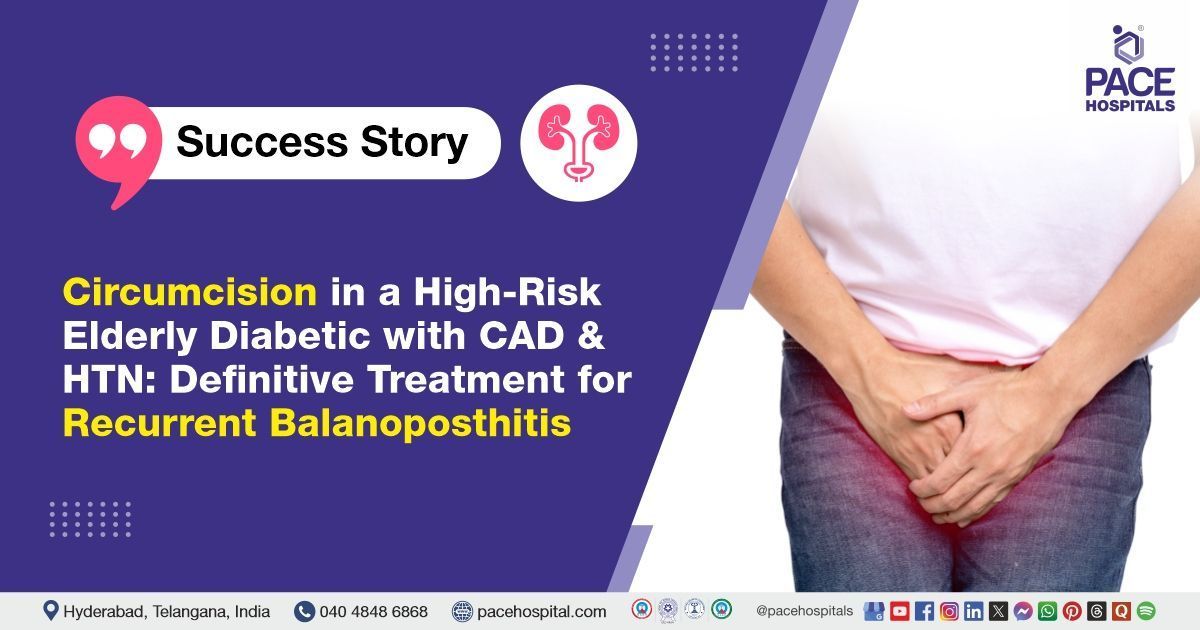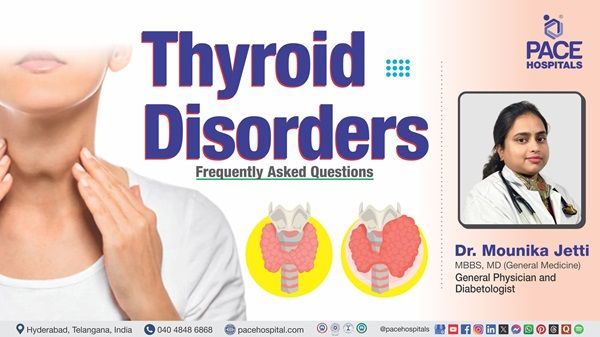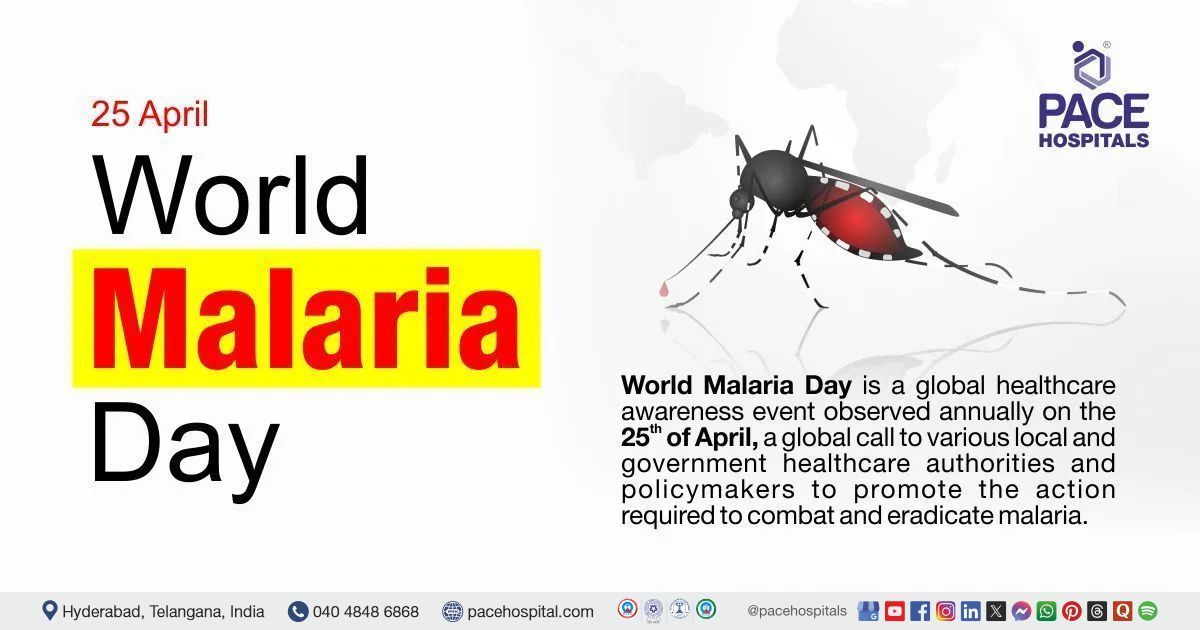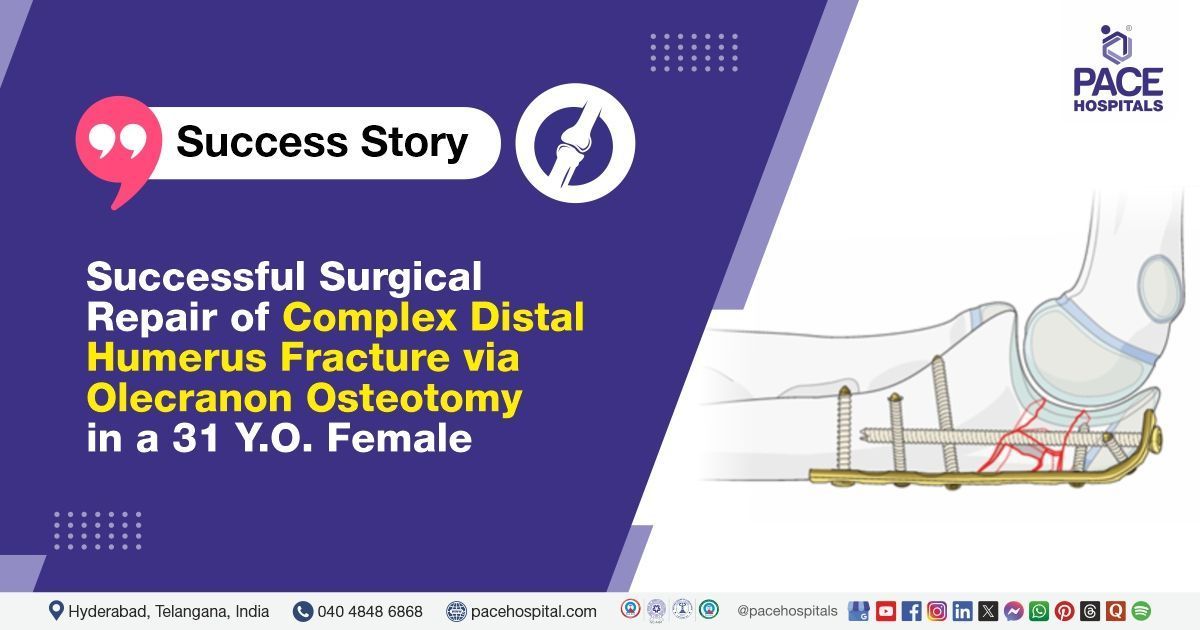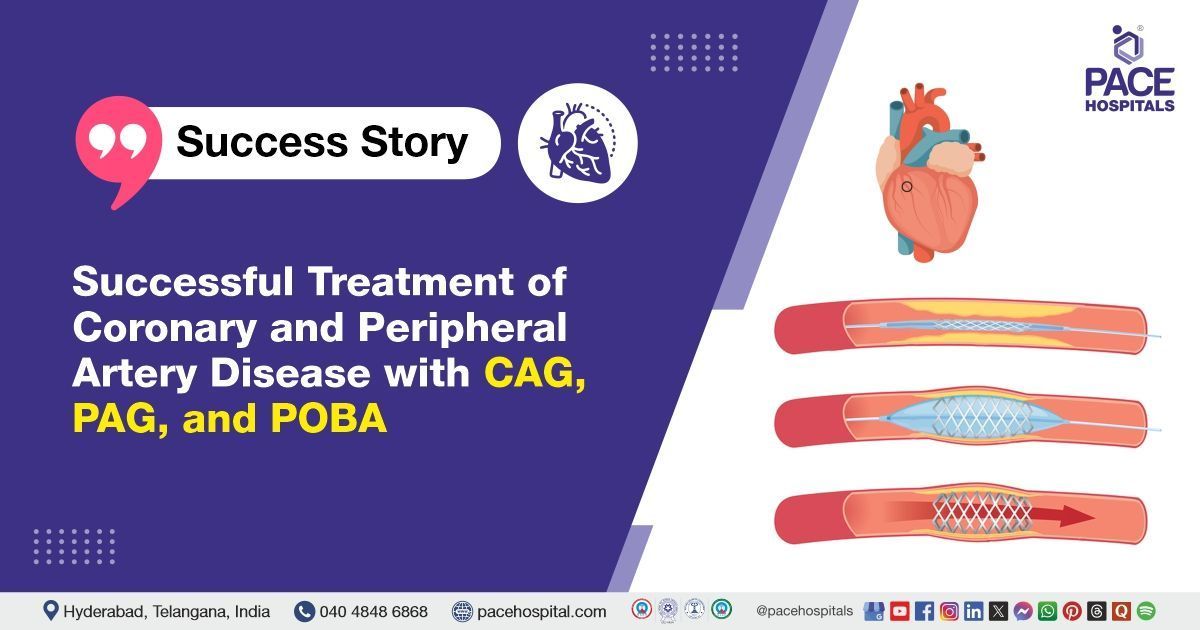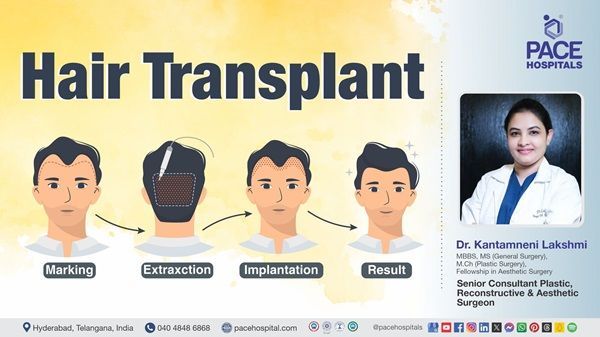Laparoscopic Mini Gastric Bypass Surgery for Morbid Obesity
PACE Hospitals' Bariatric and Metabolic Surgery team successfully performed a Laparoscopic Mini Gastric Bypass surgery to help a patient achieve significant weight loss and enhance overall metabolic health.
A 34-year-old female patient with morbid obesity (BMI: 41.18 kg/m2) was admitted to
PACE Hospitals, Hitech City, Hyderabad for further treatment.
Medical History and Diagnosis
Examining in greater detail, it was understood that the patient had been experiencing morbid obesity, which led to her admission to PACE Hospitals for additional care and management.
Upon admission to PACE Hospitals and after a thorough history and physical examination, as well as evaluation of diagnostic investigations, the patient was diagnosed with morbid obesity (BMI: 41.18 kg/m2).
Morbid obesity, also known as class III obesity, is a chronic, lifelong, multifactorial disease characterised by excessive fat storage, which is a severe form of obesity that is characterised (defined) by a body mass index (BMI) of 40 or higher, or 35 or higher with obesity-related health complications.
The Mini Gastric Bypass (MGB) is a laparoscopic bariatric operation (a type of weight loss surgery) that combines a long gastric conduit, a jejunal bypass, and a wide gastro-jejunostomy (GJ), which means that the stomach is directly connected to the lower part of the intestine for quicker digestion.
To achieve this, the surgeon creates a small pouch in the stomach and reroutes the small intestine so that food passes directly from the pouch to the small bowel, bypassing some of the bowel and preventing the absorption of as many calories.
This process results in a healthy weight and promotes healthy metabolism (the breakdown of food into energy). In addition to addressing obesity, this procedure is highly effective in managing high blood pressure, diabetes, high cholesterol, and sleep apnoea, among other conditions. It is designed for individuals with obesity who need to lose weight but have not succeeded through other methods. The benefits enable obese patients undergoing treatment to experience an improved quality of life and an extended lifespan.
Treatment
After consultations with the team of surgical gastroenterologist, bariatric and metabolic surgeon - Dr. Phani Krishna Ravula, and Dr. Suresh Kumar S, it was determined that a Laparoscopic Mini Gastric Bypass procedure was the most effective method of treating the patient.
After the necessary investigations were done and clearances were obtained, the patient was administered intravenous antibiotics, and later, the Laparoscopic Mini Gastric Bypass procedure was performed.
The stomach looks normal. A small pouch was made along the inner curve of the stomach using staples. This pouch was then connected to the small intestine, 150 centimeters past the point where the small intestine joins the large intestine, using a special stapler. The surgical procedure was successful.
Aftermath
The post-operative period was smooth. The patient was given antibiotics, antacids, analgesics, and IV fluids to manage any immediate post-operative needs.
Post-surgery, the patient was initiated on a liquid diet on post-operative day (POD 2), which was gradually increased to full oral liquids by POD 4. Ambulation (the ability to walk) was encouraged. The patient was tolerating well orally and was in a stable condition at discharge.
The patient was sent home with follow-up instructions and advised to follow a liquid diet for one week, a puréed diet for one week, and a soft diet for one week. She was advised to take bed rest for two weeks, attend bariatric support group meetings and avoid strenuous activities for two months.
The patient was also instructed to contact PACE Hospitals' emergency room/ causality at once in case of bleeding, fever more than 101°F, wound discharge, severe pain and altered sensorium.
After one week, the patient was asked to get a review by Dr. Phani Krishna Ravula about the status.
Current Status of Mini-Gastric Bypass
MGB is a feasible, secure and promising bariatric surgical procedure. Recently, a surgical technique called a single-anastomosis gastric bypass or mini-gastric bypass has been developed, and its frequency of performance has significantly increased in the current decade.
This involves performing a single anastomosis (surgical connection between two structures), which reduces technical complexity, shortens operative time, and may decrease mortality and morbidity.
Several studies have shown that this procedure offers benefits, including excess weight loss and resolution of comorbidities equal to or greater than those seen after the Roux-en-Y gastric bypass.
The Roux-en-Y involves creating two connections (anastomoses) in the digestive system, whereas the Mini gastric bypass uses just one. The Mini gastric bypass is generally simpler and faster to perform but achieves similar weight loss and health improvements.
Share on
Request an appointment
Fill in the appointment form or call us instantly to book a confirmed appointment with our super specialist at 04048486868

